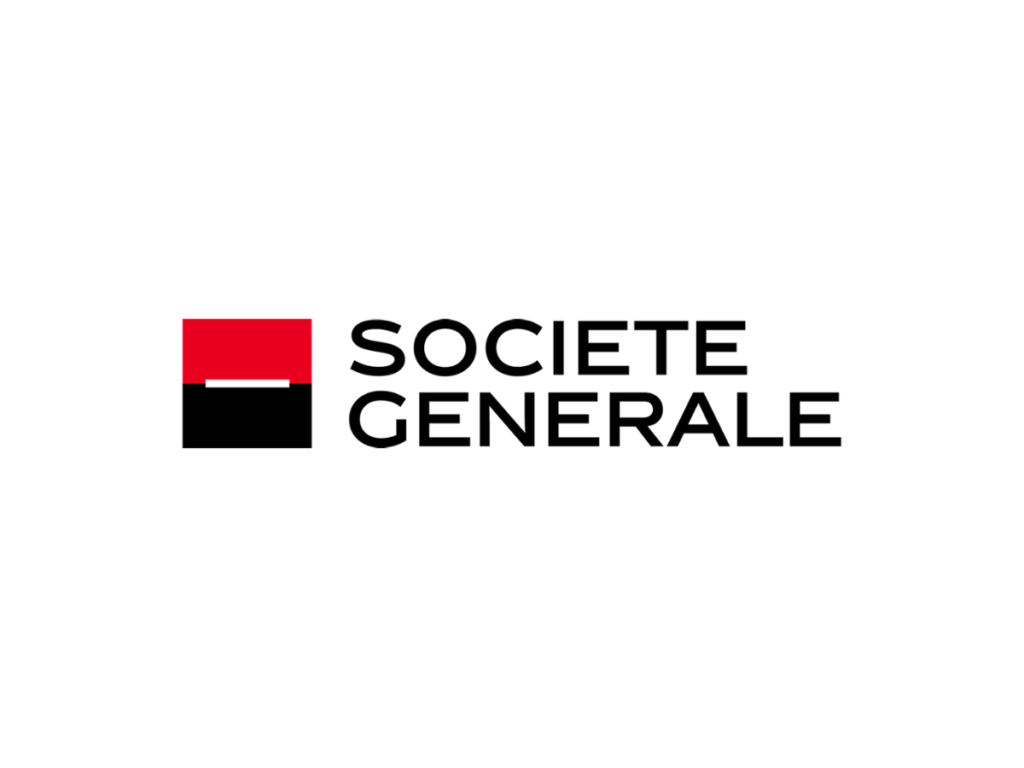Societe Generale’s SG Forge secures France’s first crypto license, paving the way for a wide range of approved services.
The fact that Societe Generale, often known as SocGen, was the first business to secure a crypto license in France is a significant accomplishment. On July 18, the company’s cryptocurrency section, SG Forge, gained approval for a wide range of services.
A new development in the French company Societe Generale’s crypto integration
As expected, FinServ’s cryptocurrency section, SG Forge, acquired a license to broaden its services on July 18.
The provision of custody services for digital assets by SG Forge has received official approval from the French financial market regulator, Autorité des Marchés Financiers.
Additionally, it is currently permitted to “receive and transmit” orders for cryptocurrency from third parties as well as to enable the buying and selling of cryptocurrencies and other digital assets.
This represents Societe Generale’s further advancement in the cryptocurrency space after their SG Forge business successfully introduced a euro-pegged stablecoin based on Ethereum’s public blockchain in April 2023.
They were the “first” institutional stablecoin to be circulated on a public network thanks to this endeavor. Societe Generale becomes the sole licensed Digital Services Asset Provider (DSAP) in France as a result of receiving this license.
Other significant businesses, however, that are listed with the French regulatory body, the AMF, do not yet possess a comparable license.
For instance, in the second quarter of 2022, the AMF granted Binance permission to function as a virtual asset service provider, enabling them to store digital assets, facilitate their purchase, sale, and exchange, and run a trading platform.
Given that inflows have been constant for the past week, demand for goods relating to digital assets in France still seems to be quite modest.
Although the nation has experienced positive flows on a monthly and YTD (Year-To-Date) level, the increases have not been substantial, totaling only $0.1 million and $1 million, respectively.
In contrast, cryptocurrency-related inflows in the US significantly increased, with monthly and YTD flows of $165 million and $394 million, respectively.
The Ethereum-based Euro stablecoin from Societe Generale
As was already mentioned, Societe Generale recently introduced a stablecoin linked to the euro.
The launch of the asset known as “EUR CoinVertible,” which will retain a steady value and be identified with the ticker code: EURCV, was announced by the company’s digital asset division, SG Forge.
This institutional stablecoin, which will be based on Ethereum’s public blockchain and be denominated in euros, is the first of its kind to be issued on a public network, according to SG Forge’s release.
By offering on-chain liquidity funding and refinancing options, the stablecoin seeks to promote safe and effective on-chain transactions.
Additionally, it is regarded as a “innovative solution” for cash management, cash pooling, and corporate treasury operations. The product from EURCV is only available to institutional clients, bridging the gap between conventional capital markets and digital assets.
Jean-Marc Stenger, CEO of SG Forge, stressed the significance of digital assets with stabilizing mechanisms, such as stablecoins, founded on a strong banking structure, as they contribute to the development of trust in the native crypto ecosystem.
Regarding this new development, Jean-Marc Stenger added that it is an important step for Société Générale-FORGE to issue EUR CoinVertible as it seeks to offer clients, including institutions and businesses operating in both the traditional and cryptocurrency sectors, cutting-edge solutions.
It also aims to promote the development of new blockchain-based market infrastructures.
Stablecoin from Societe Generale: PwC Verification and Expansion on Global Platforms
In order to provide exposure to the product to “as many qualified institutional investors as possible,” Societe Generale (SocGen) has planned to list its stablecoin on a number of digital asset exchanges and third-party platforms.
This initiative, which intends to list the EUR CoinVertible stablecoin, is anticipated to be successful in the upcoming months. Additionally, the business requested that PwC, one of the Big 4 accounting companies, verify the smart contract for the project.
Other international businesses, besides just SocGen, are also working on related initiatives. As an illustration, consider National Australia Bank, which developed the AUDN stablecoin. Customers of the bank will be able to settle transactions instantly using blockchain technology and Australian dollars thanks to this stablecoin.
By the middle of the year, National Australia Bank intends to introduce the stablecoin to help with transactions. The asset will have a one-to-one parity ratio and be fully backed by Australian dollars.
The Ethereum and Algorand blockchains will host the stablecoin. These initiatives show how more financial organizations are looking into and considering the use of stablecoins to streamline operations and take advantage of blockchain technology.












